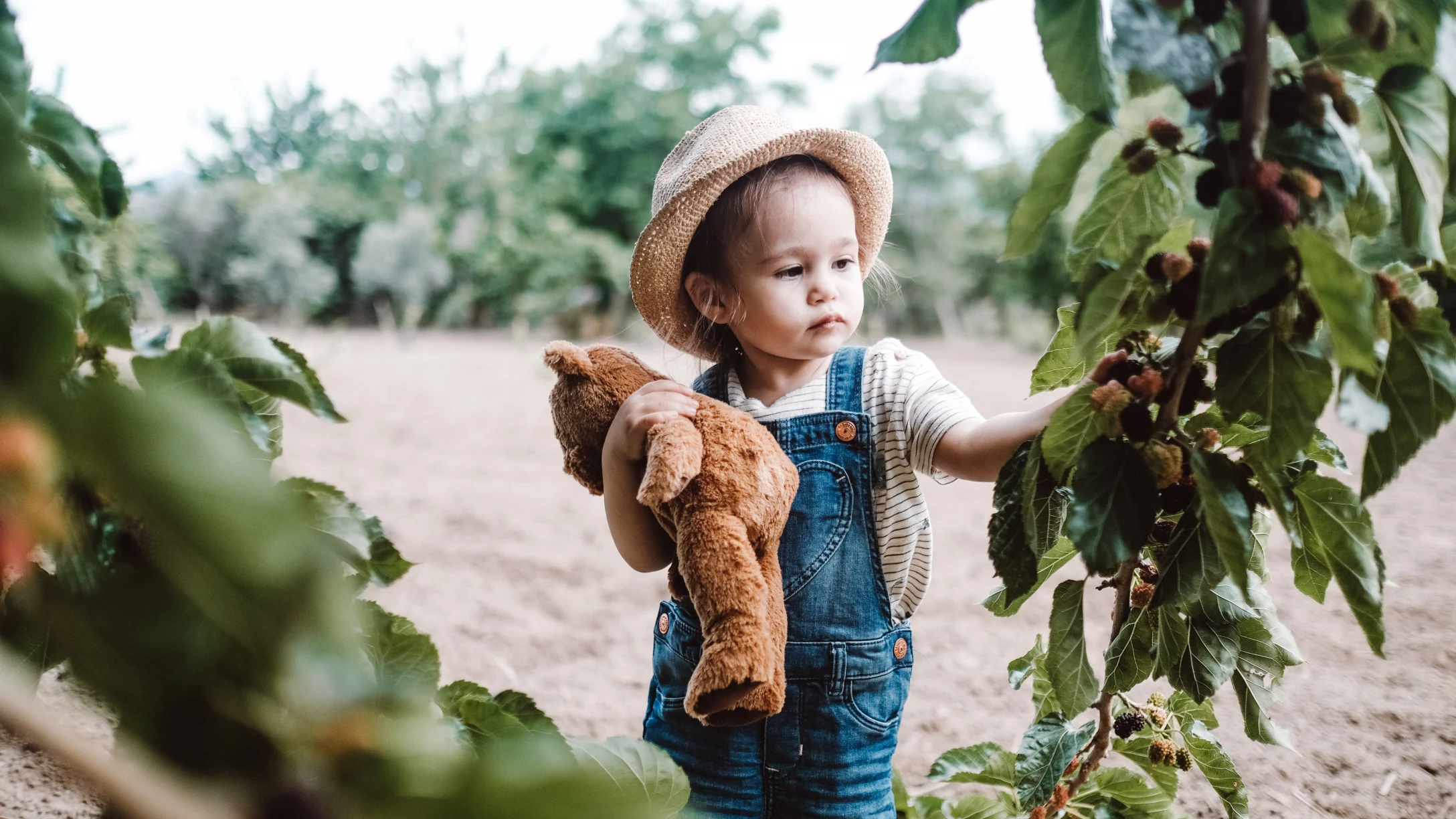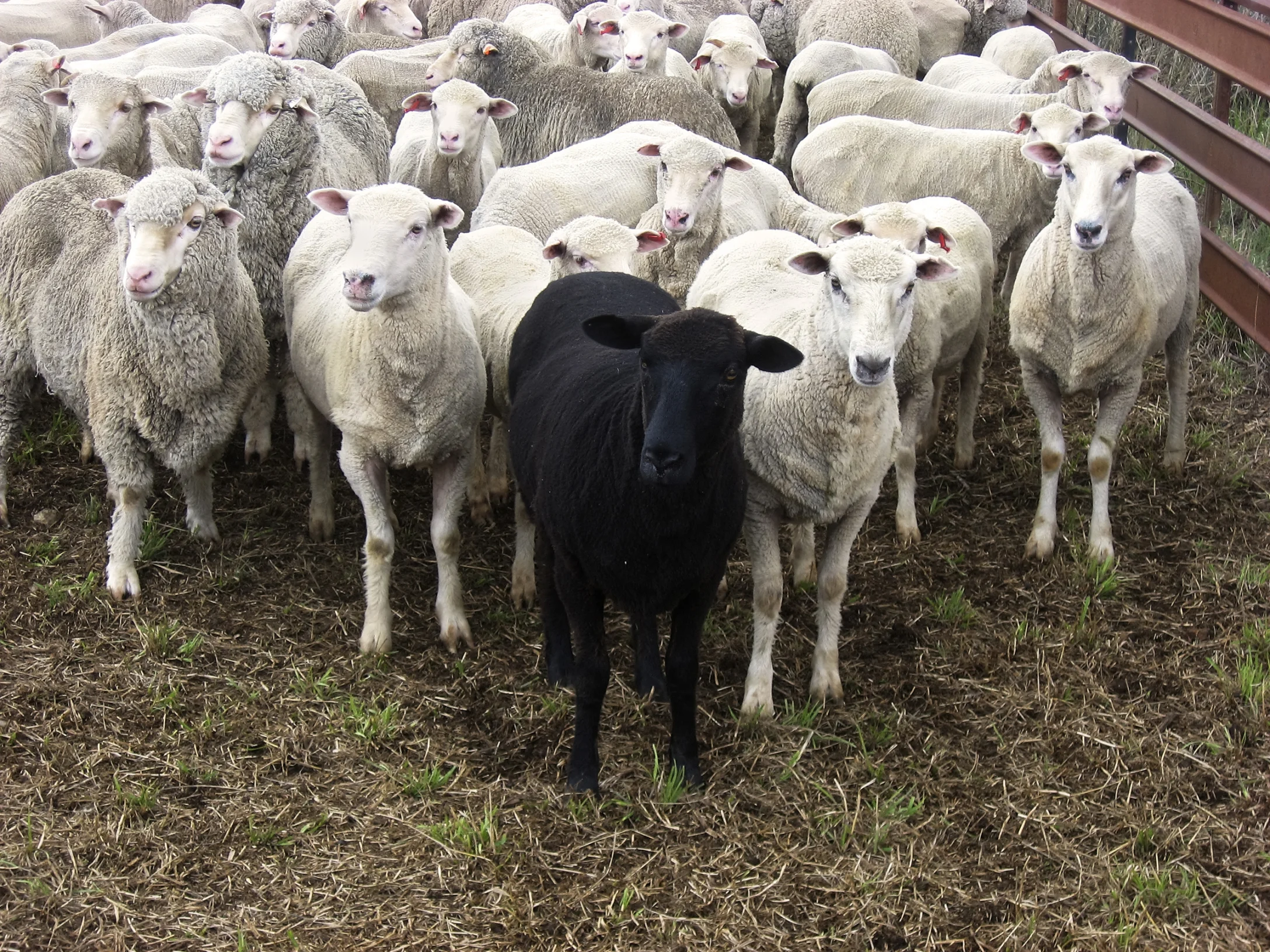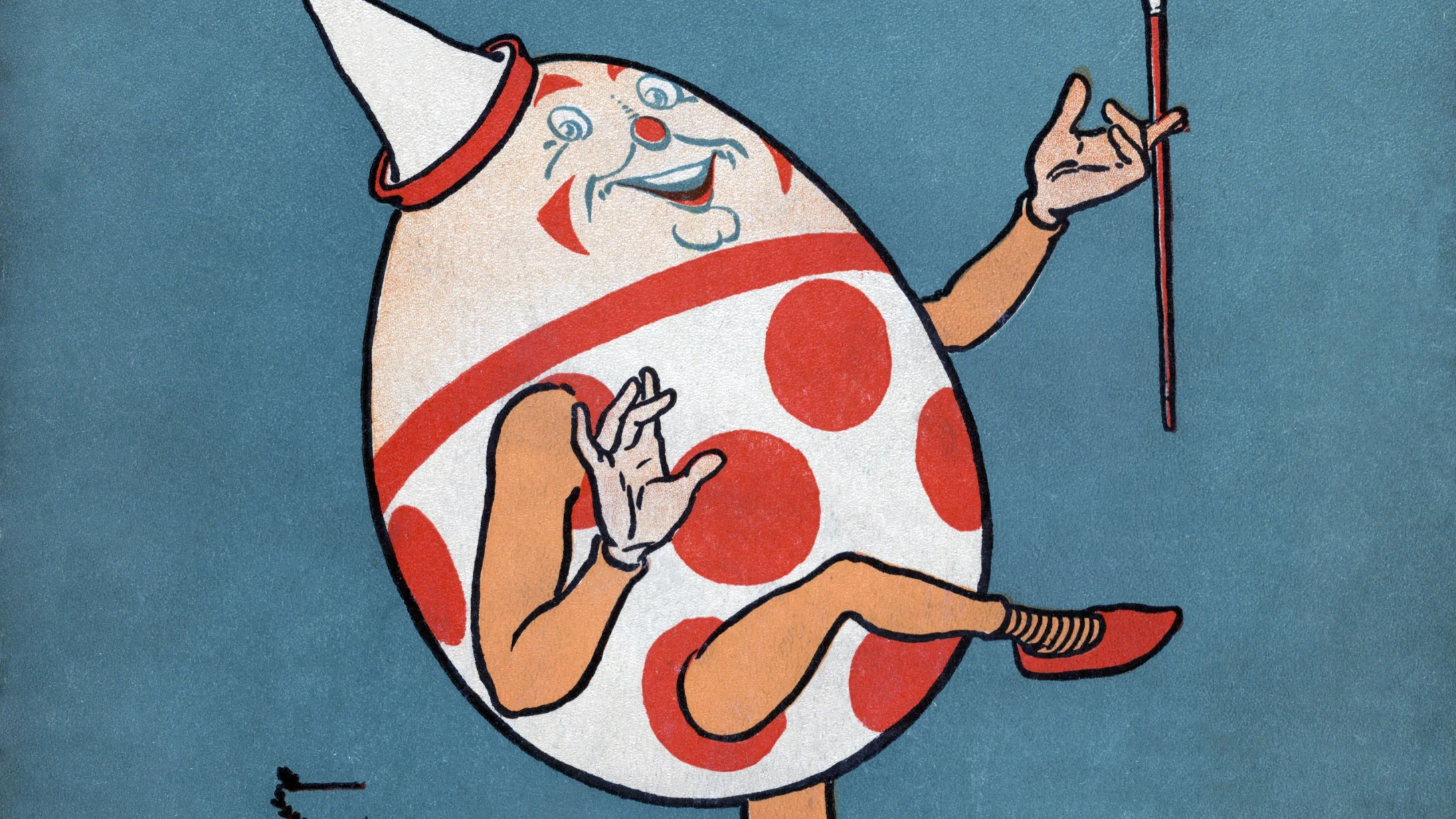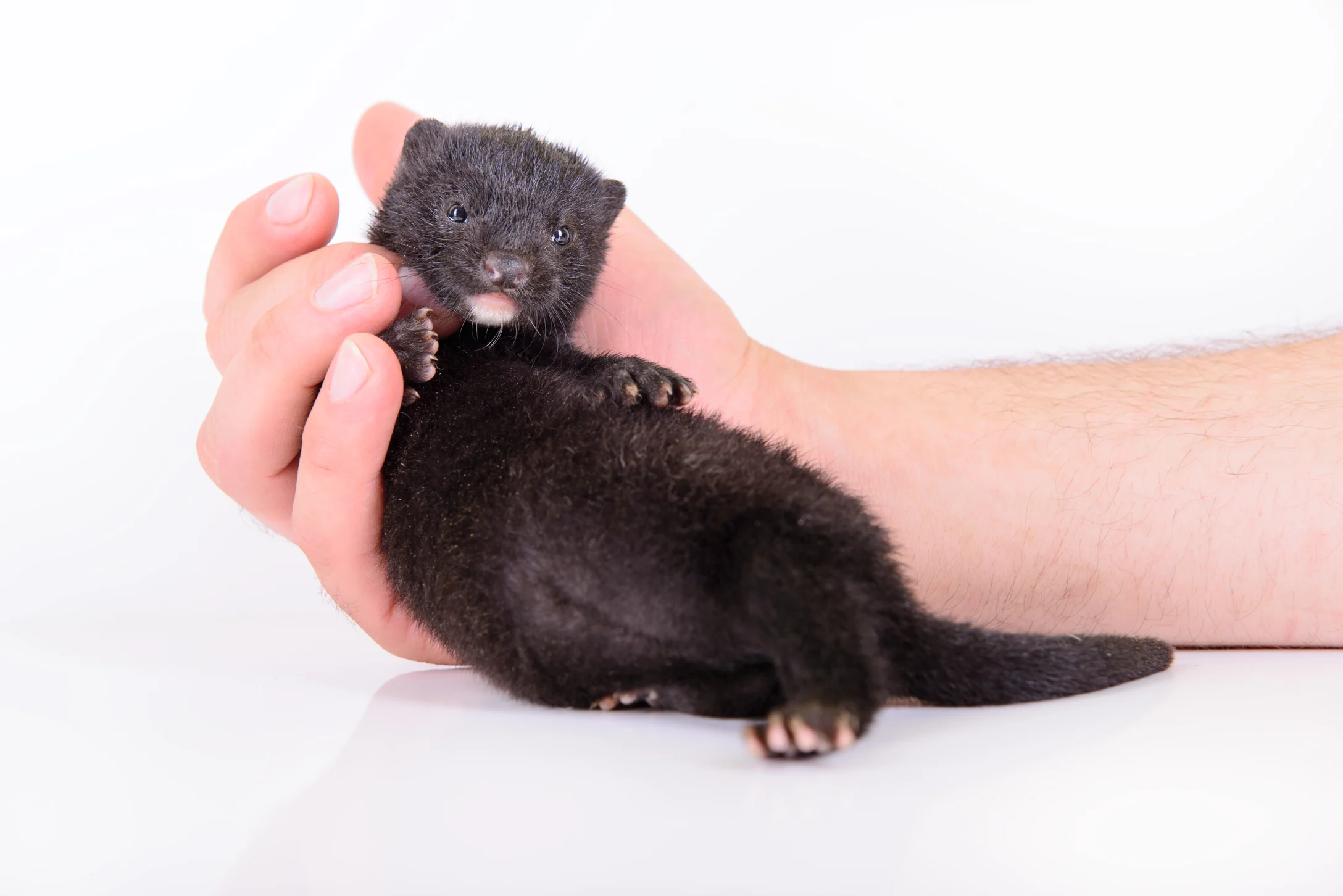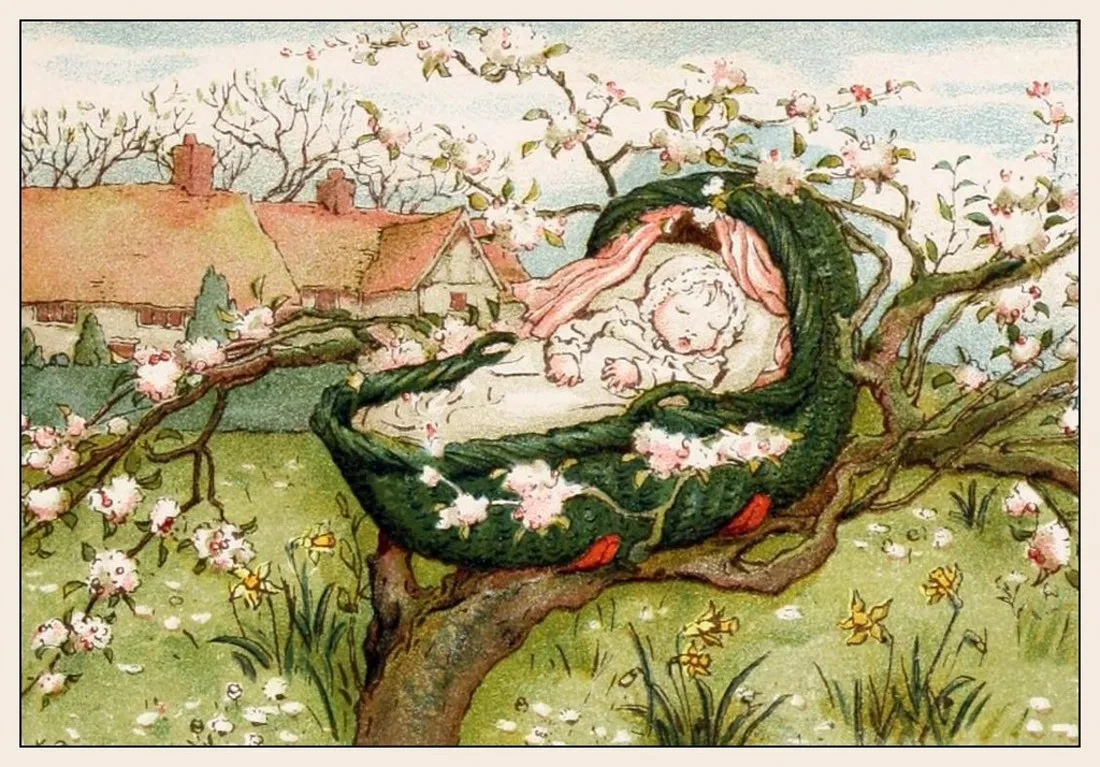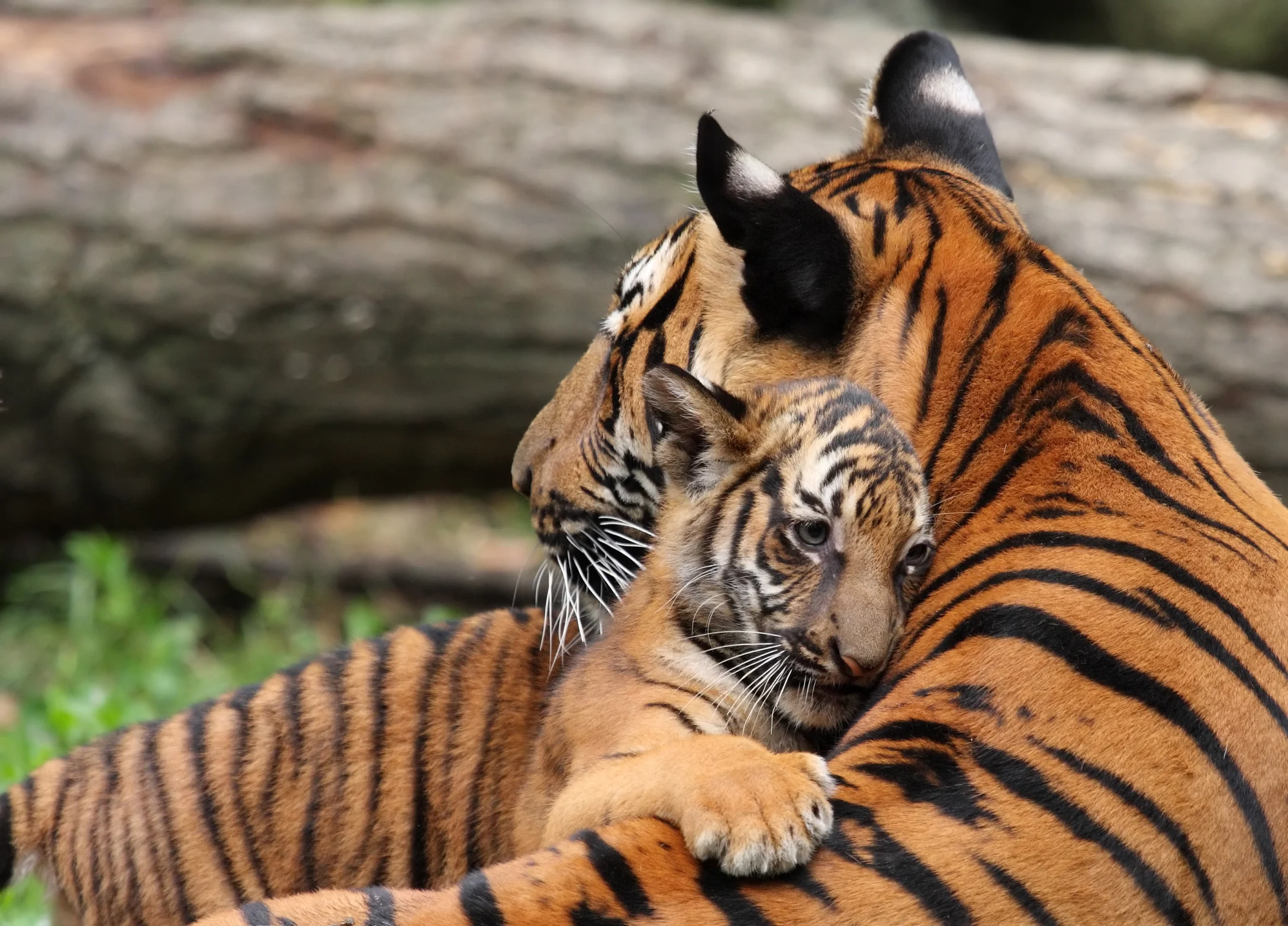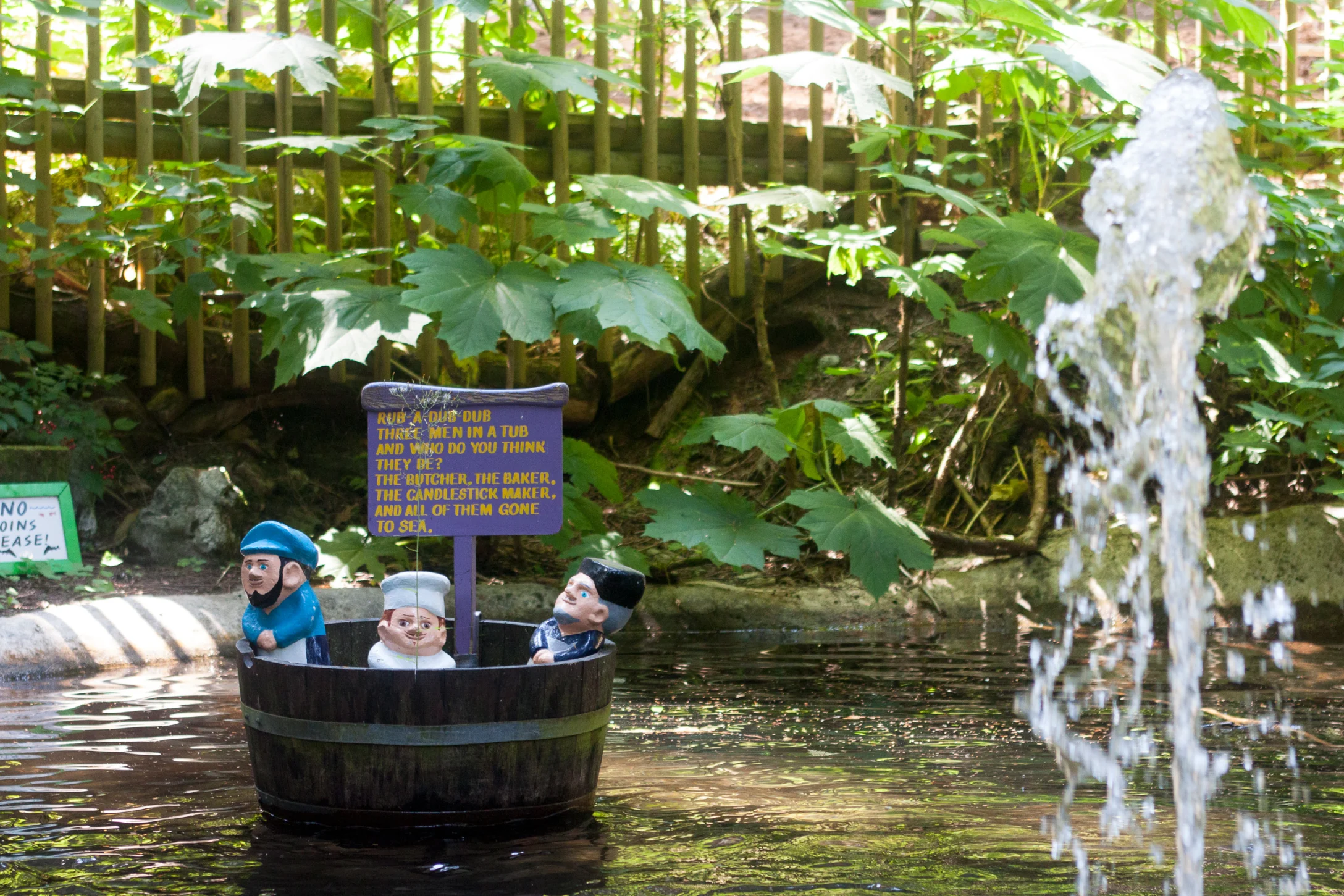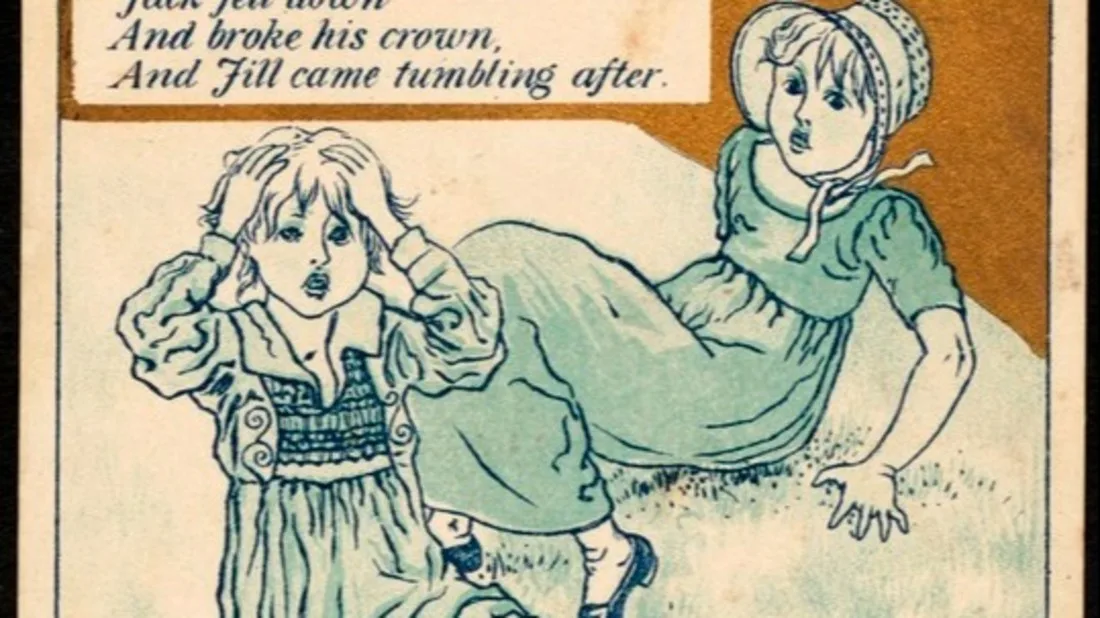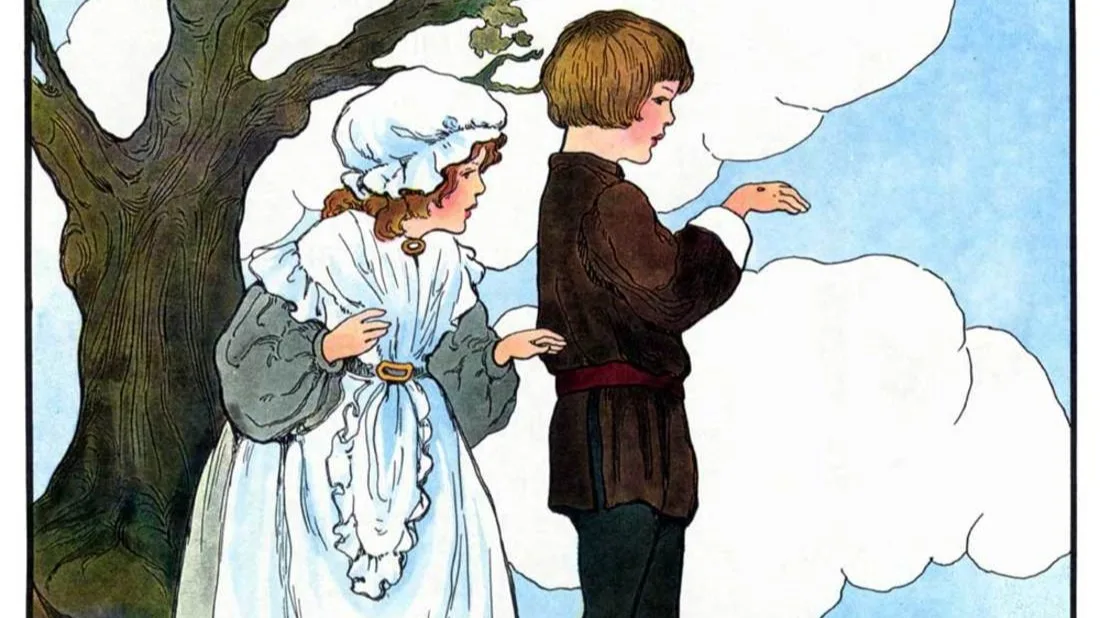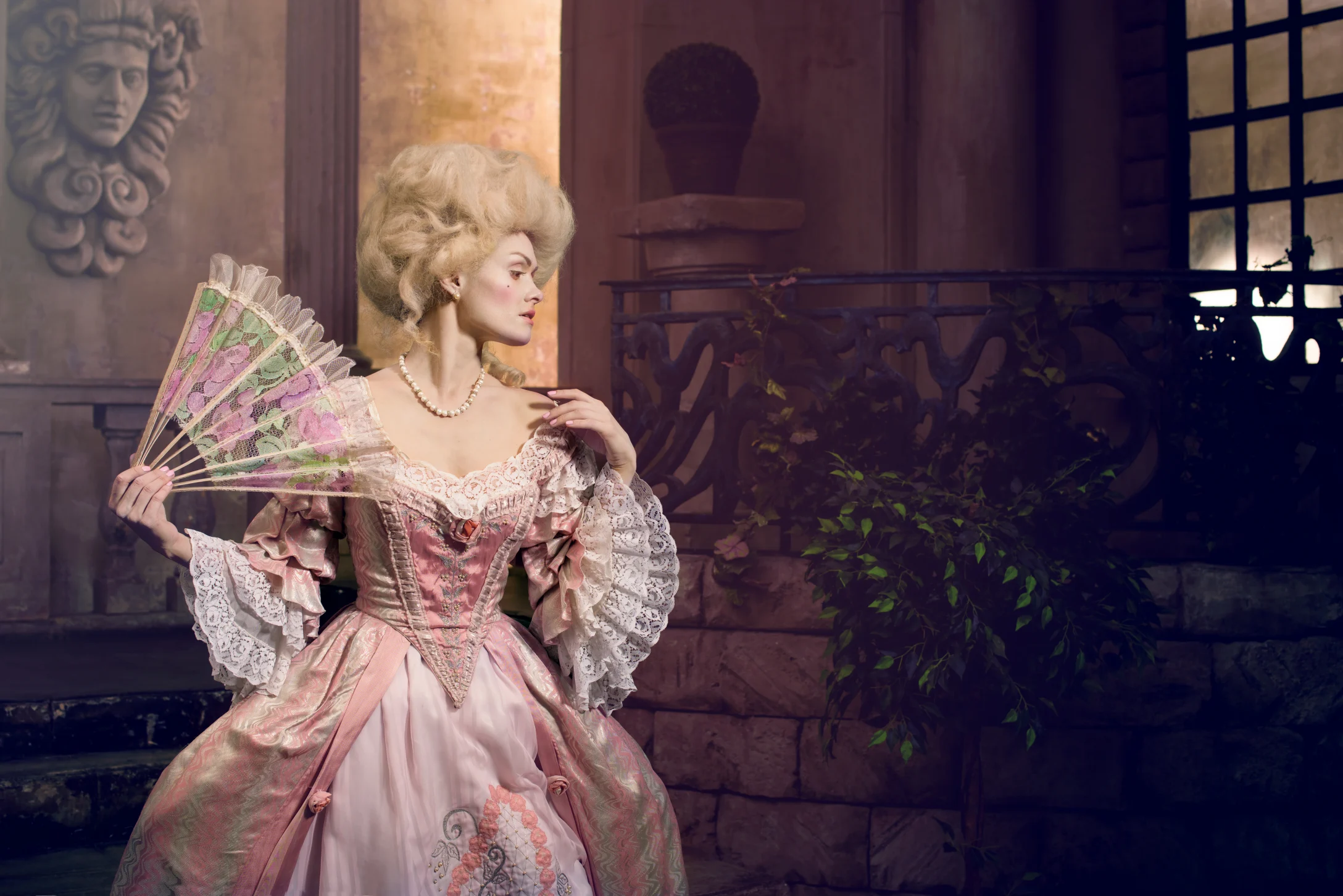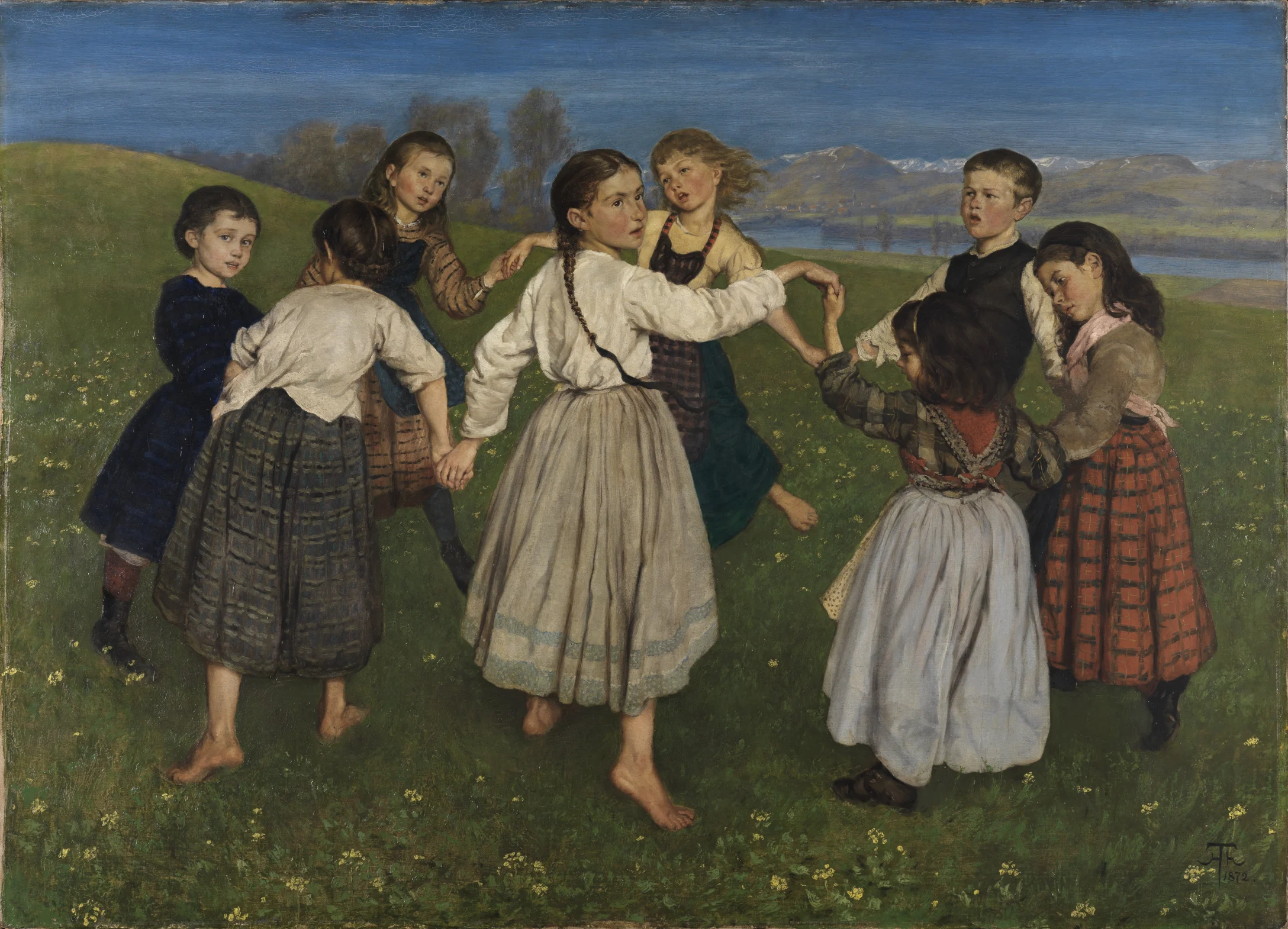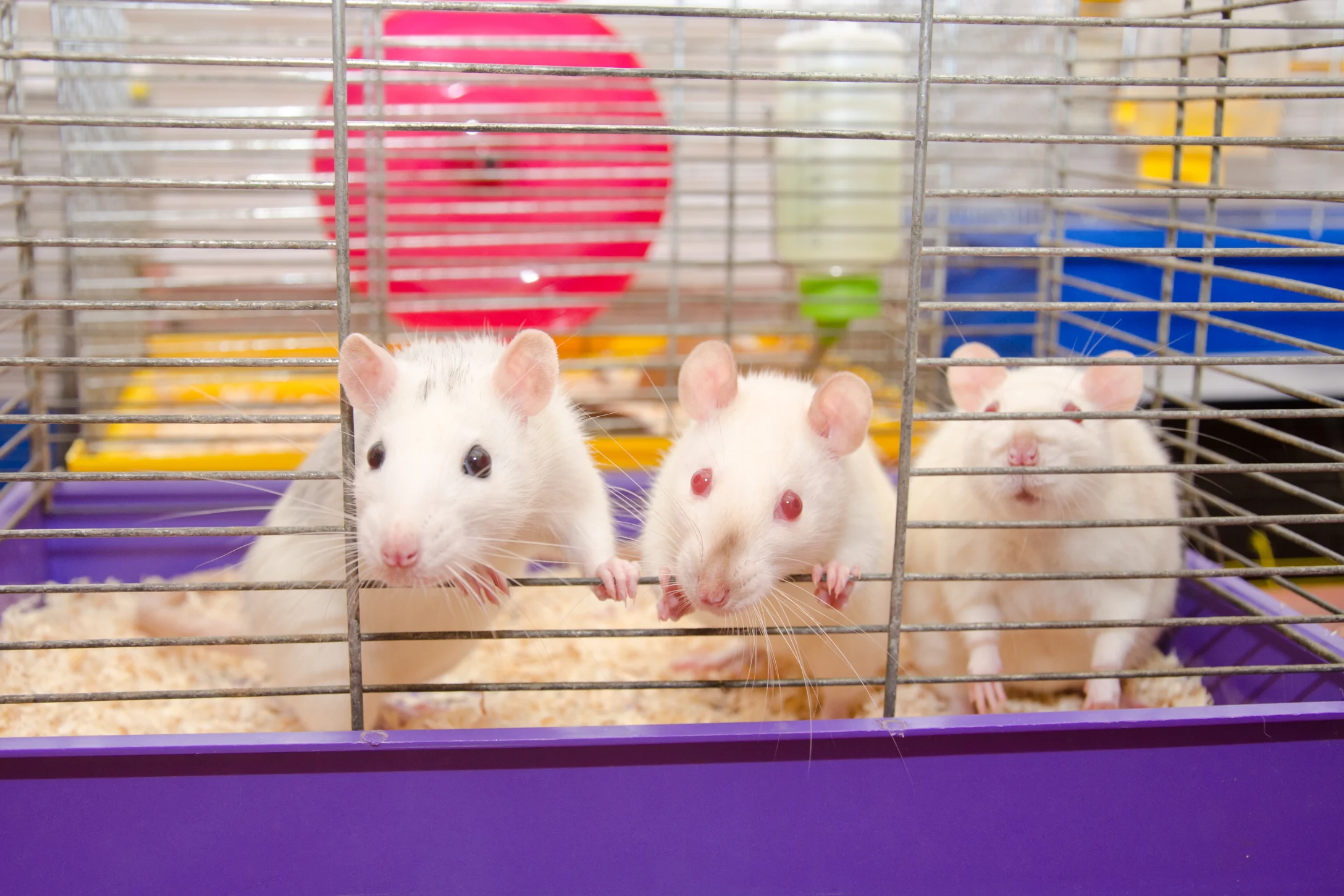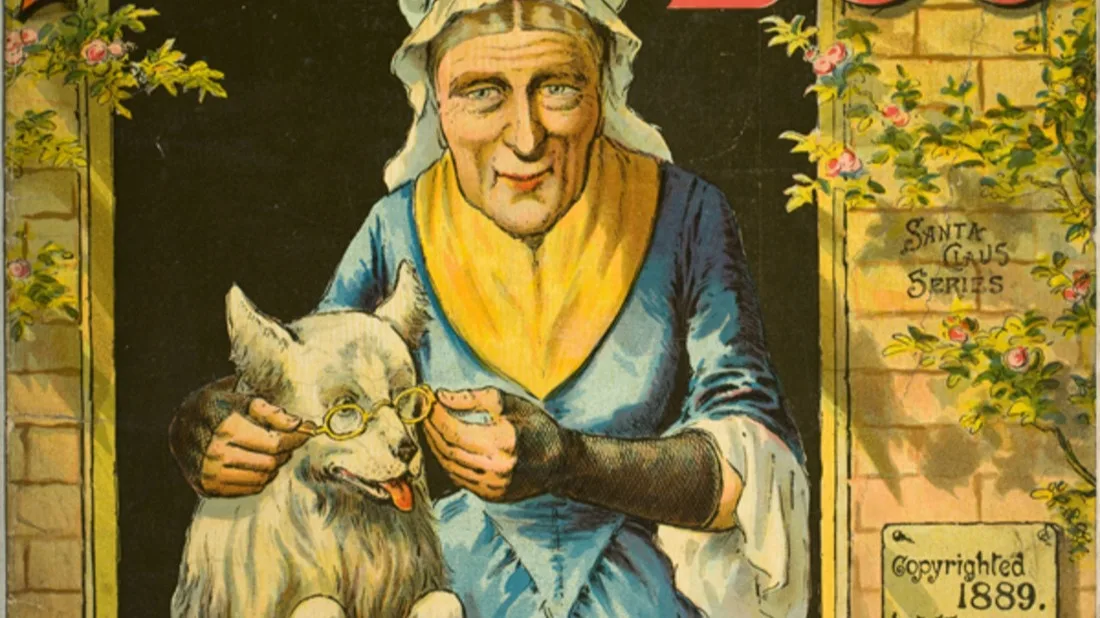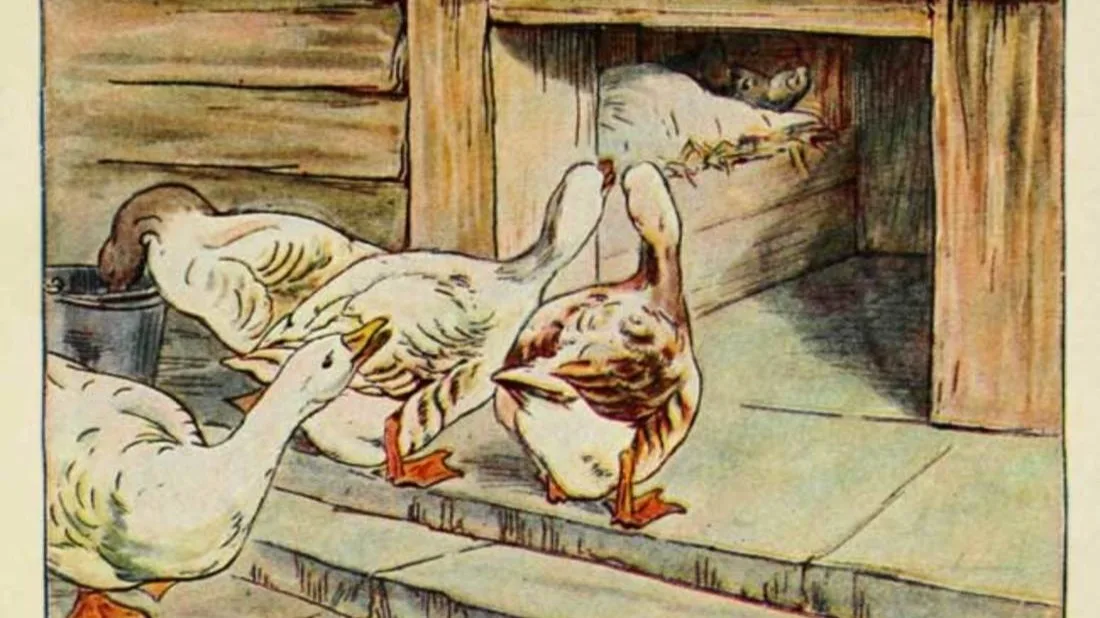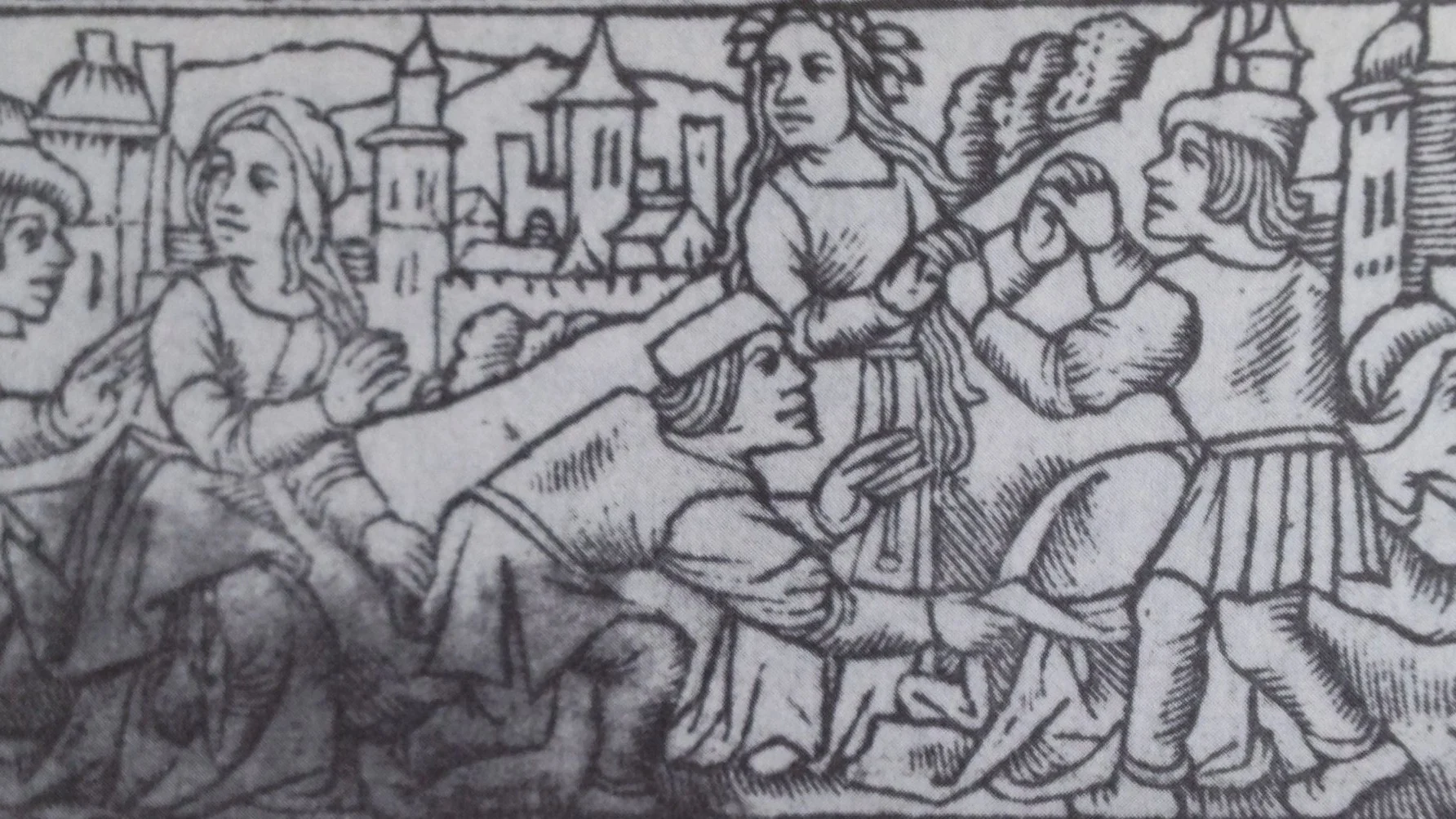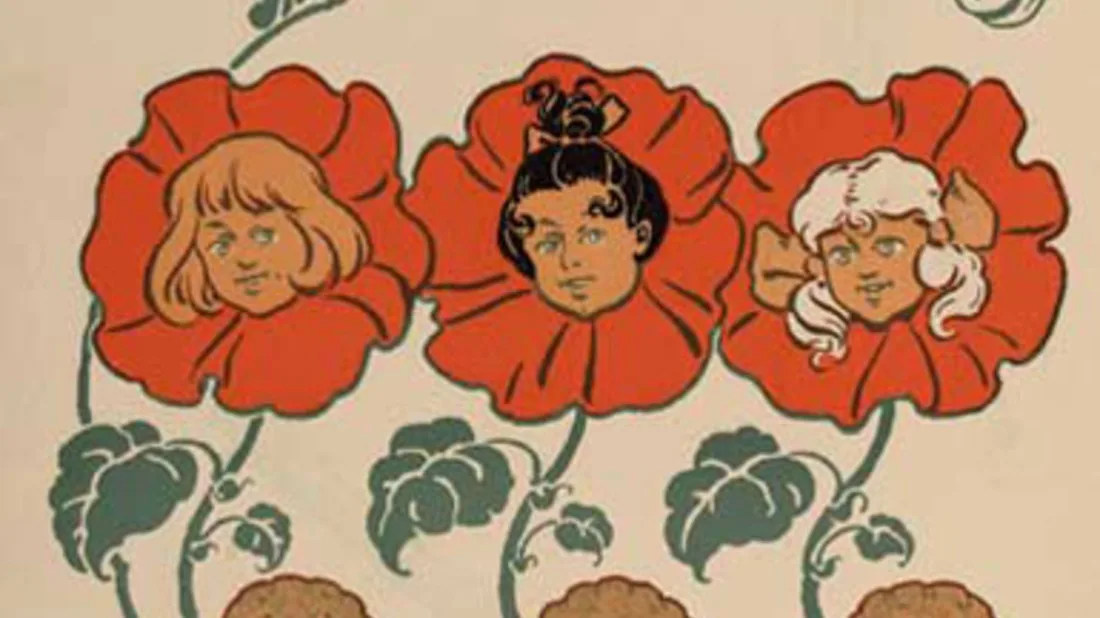17 Dark & Creepy Meanings Behind Our Favorite Nursery Rhymes & Lullabies
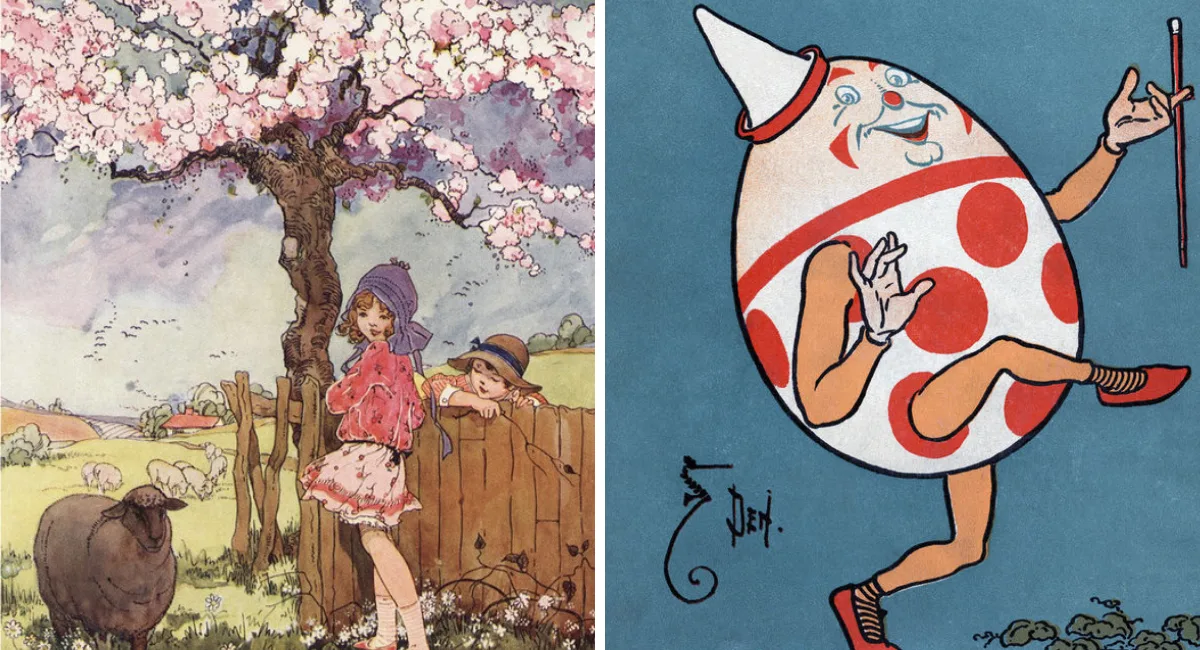 Public Domain, Public Domain
Public Domain, Public DomainIt seems intuitive: We bring home a new baby, and as we're awake with them in the middle of the night, we quietly sing lullabies, hoping it will ease the little one into sleep. We continue this routine as the child gets older.
Lullabies are so common in our lives that it doesn't take too long for our kids to start to sing along with us. And as the kids get older, we add nursery rhymes into the mix: the first stories they hear and likely some of the first ones they read.
It's part of so many of our childhoods, so it's not surprising they become the same in our kids' lives. And probably their kids' lives as the years go on. They're universal stories in childhood, but have parents stopped to think about where these stories and lullabies originate?
Most of the nursery rhyme lyrics and songs we know have been around for centuries. Even though the melody might be relaxing and the lyrics catchy, there are some creepy and dark nursery rhyme meanings behind them that we didn’t expect.
More from CafeMom: 30 Magical Moments Moms Should Make Happen During Baby's First 12 Months
'Here We Go Round the Mulberry Bush'
Going around the mulberry bush on a frosty morning sounds pretty calm and innocent, but there’s more to the story than it seems. According to a historian, the song is said to have originated with prisoners — specifically, female prisoners who would exercise around a mulberry tree at the jail where they were held.
'Baa, Baa, Black Sheep'
“Baa, Baa, Black Sheep” isn’t the happiest of lullabies, but for some reason it’s been around forever. Apparently, there’s no real consensus over what it means, but there are a few theories. It’s either about medieval wool taxes that began in 1275 or it’s connected to the slave trade of the Southern United States. neither is really kid bedtime friendly.
'Humpty Dumpty'
We all know that Humpty Dumpty sat on a wall and somehow lost his balance and had a great fall. It’s one of the first nursery rhymes we learn, and it seems to date back to 1797. There are a few theories as to the meaning behind the rhyme or riddle — both being some war from a whole lot of years ago — such as the idea that kings fell off their horses during battle and were cut up by swords.
'This Old Man'
“This Old Man” is one of those strange rhymes that has lyrics but also works when we make up our own words. It can be a giggle-fest when kids are old enough to come up with their own lines.
Unfortunately, it is believed to come from a creepy story — specifically old men who are inappropriate with young kids. It’s said to be a song parents would teach to warn their kids about the old man.
'Pop Goes the Weasel'
The rhyme title is catchy, and if we took it at face value, it appears to be about the actual animal, a weasel, talking about how it pops its head in and out of the ground. But that’s not what it really points to. Apparently, it’s a song or rhyme used to commemorate and honor England’s poverty.
'Rock-a-Bye Baby'
Listening to the lyrics, it’s not hard to pinpoint that this song is really creepy. The baby’s cradle falls off a tree, and the baby falls out. It’s not hard to figure out that although a pretty melody often accompanies it, the song is not much darker.
There are a lot of theories about its meaning — everything from famous royals worried about the heir to the throne to a story about a couple who let their baby sleep in a hollowed-out tree.
'Eeny, Meeny, Miny, Moe'
This song doesn’t even have a consensus on how to spell “mo” (or is it “moe”?) so it’s no surprise people assign different meanings to the lyrics. But several theories point to dark and creepy meaning, with some saying that the word “tiger” is a relatively new word swapped out for one that has been and still is an incredibly racist word.
'Rub-a-Dub-Dub'
It’s a cute rhyme about a butcher, a baker, and a candlestick maker, but it’s more than what it seems. According to some, the “maid” is the one who was in the tub, and it references a really old-school peep show where men would pay to see women bathe in a tub. Others think this to mean the butcher, baker, and candlestick maker were spying on a woman bathing in a tub without her consent. Both options are creepy.
'Jack & Jill'
The story about Jack and Jill, who we’ve always assumed are siblings, tumbling down a hill after trying to get a bucket of water seems innocent enough. Yes, Jack fell and cracked his head, but that seems like it could happen and maybe too many parents were worried about it so this is their cautionary tale.
Well, there’s one creepy meaning that points to Jack and Jill being secret lovers, not related, with Jack dying after falling and Jill dying during childbirth after secretly getting pregnant.
'Ladybird'
"Ladybirds" seems like a sweet an innocent song about ladybirds — the English word for ladybugs — landing on someone, who encourages them to fly home. But in some origin stories of the song, it has a much darker meaning.
One theory believes the song might be about Catholics from way back in the 1600s, who were burned at the stake if they were found saying Mass in Protestant England.
'Lucy Locket'
The rhyme is really short and one that’s not as popular in the United States as some of the others on the list. The lyrics go: “Lucy Locket lost her pocket, Kitty Fisher found it; Nothing in it, nothing in it, But the binding round it.” But what does that mean?
It’s not about a locket that a cat found. Instead, it’s referencing Catherine Maria "Kitty" Fisher, a famous courtesan from the 18th century. Lucy, a barmaid, lost her “pocket,” which was code for “John” back in the day.
'Ring Around the Rosie'
This is another rhyme that has two versions, whether they’re ringing around the rose or ringing around the rosie, and both seem to point to the same meaning. No, it’s not roses, and it’s a whole lot more morbid that than that.
Since the mid-20th century, people have said the song is about the plague that took hold in England in 1665. But that might not be the original meaning behind the song, which dates back to 1881. Theories of its meaning include a game for children and a Pagan rite.
'Three Blind Mice'
“Three Blind Mice” dates back to 1609, and that points to the first clue that this nursery rhyme isn’t actually about three mice who are blind. This points all the way back to Queen Mary I, and the blind mice were Protestant loyalists accused of plotting against her. They were apparently burned at the stake, and that’s not a fun song to repeat to kids.
'Old Mother Hubbard'
Old Mother Hubbard is a weird rhyme to begin with. At word-value it seems to be about a mom who has a dog that died because she had nothing to feed it. And then she came back home and found him laughing? It’s bananas and feels like it would have been written by a toddler. But it seems Hubbard was never a mother and wasn’t woman either. Some say it’s a rhyme used to poke fun at Cardinal Thomas Wolsey, who refused to give England's King Henry VIII an annulment in the 16th century.
'Goosey, Goosey, Gander'
It feels impossible to take this rhyme seriously. With a title like “Goosey, Goosey” it has to be written only for kids, right?
Although the name makes us giggle and we feel silly saying it out loud, the actual meaning behind it is way darker than we would have ever guessed. Its meaning points to religious persecution in England, where Catholic priests weren’t allowed to say their prayers in Latin anywhere, even when by themselves.
'London Bridge Is Falling Down'
We’ve never known what a bridge in London falling down has to do with a fair lady or why she was involved in the rhyme, but that might have been our first clue that the song isn’t what it appears. It’s creepy on its own being about a bridge crumbling, but other sources say it’s derived from a real-life Viking attack in the early 1000s.
'Mary, Mary, Quite Contrary'
This is another rhyme that seems super innocent at first glance. It sounds like gardening advice about how gardens grow and the need for silver bells somehow in that process. However, it’s way darker: Specifically, it’s about murder. Queen Mary I of England, who also has the nickname of Bloody Mary, is the meaning behind the song, and cockle shells and silver bells are torture devices. Yikes.


